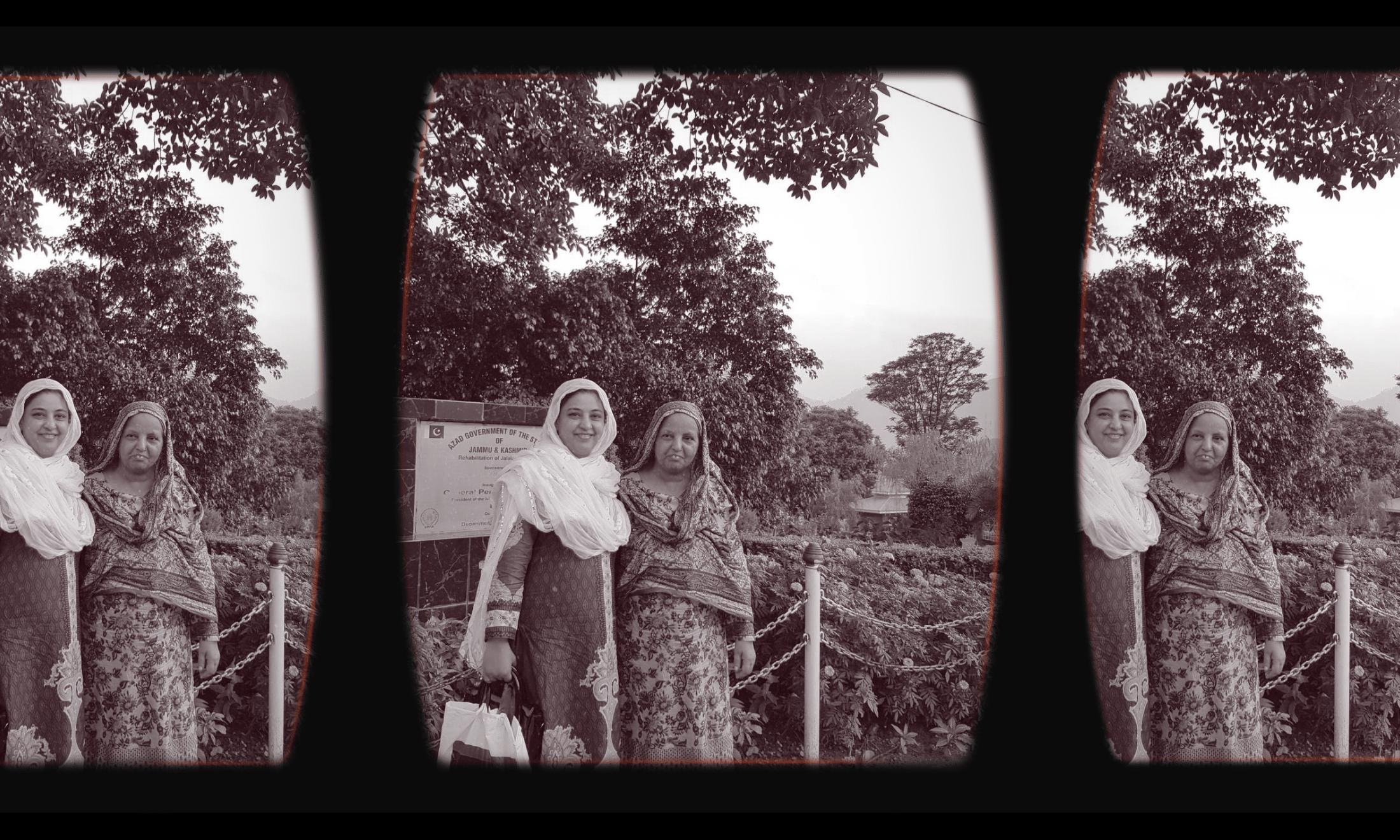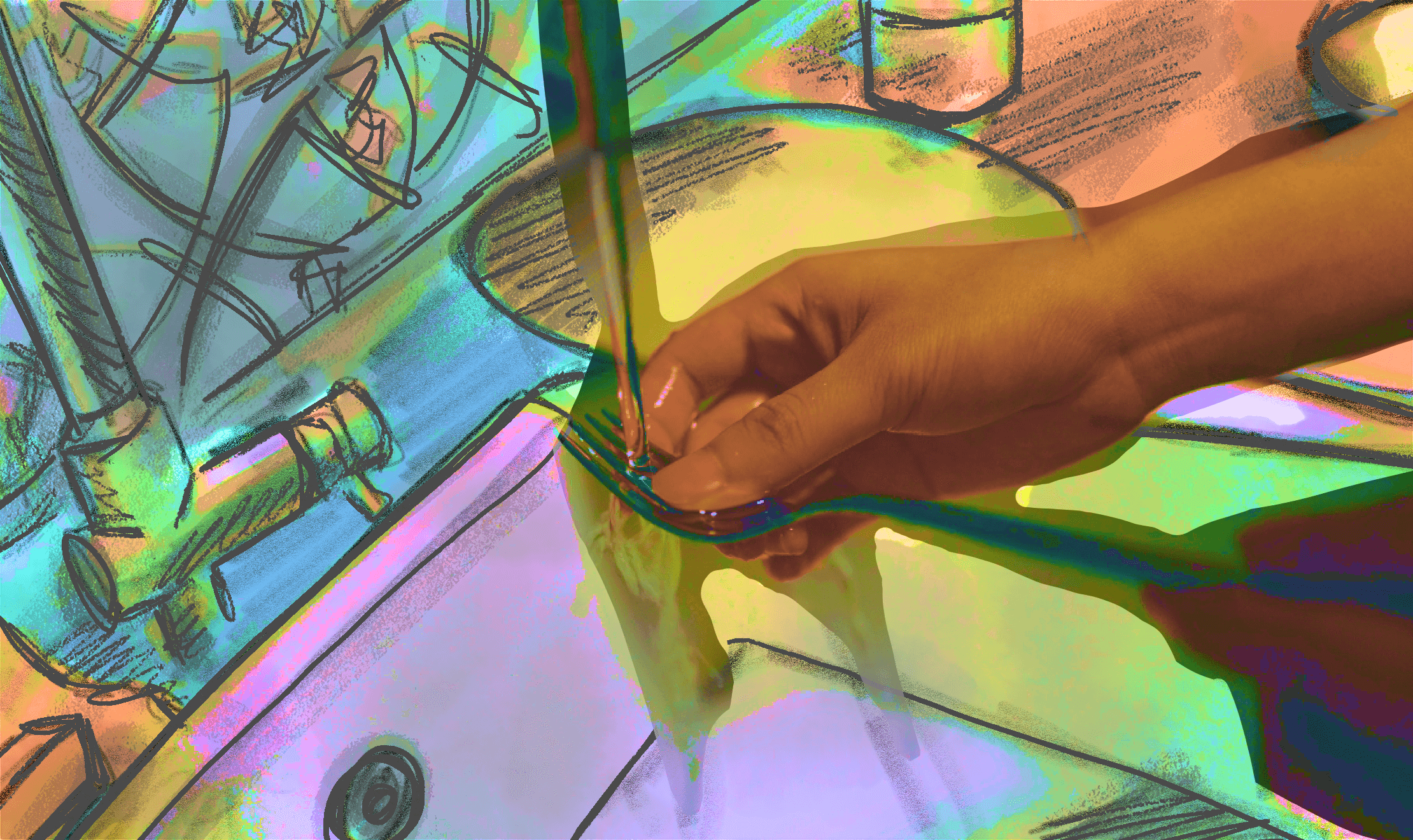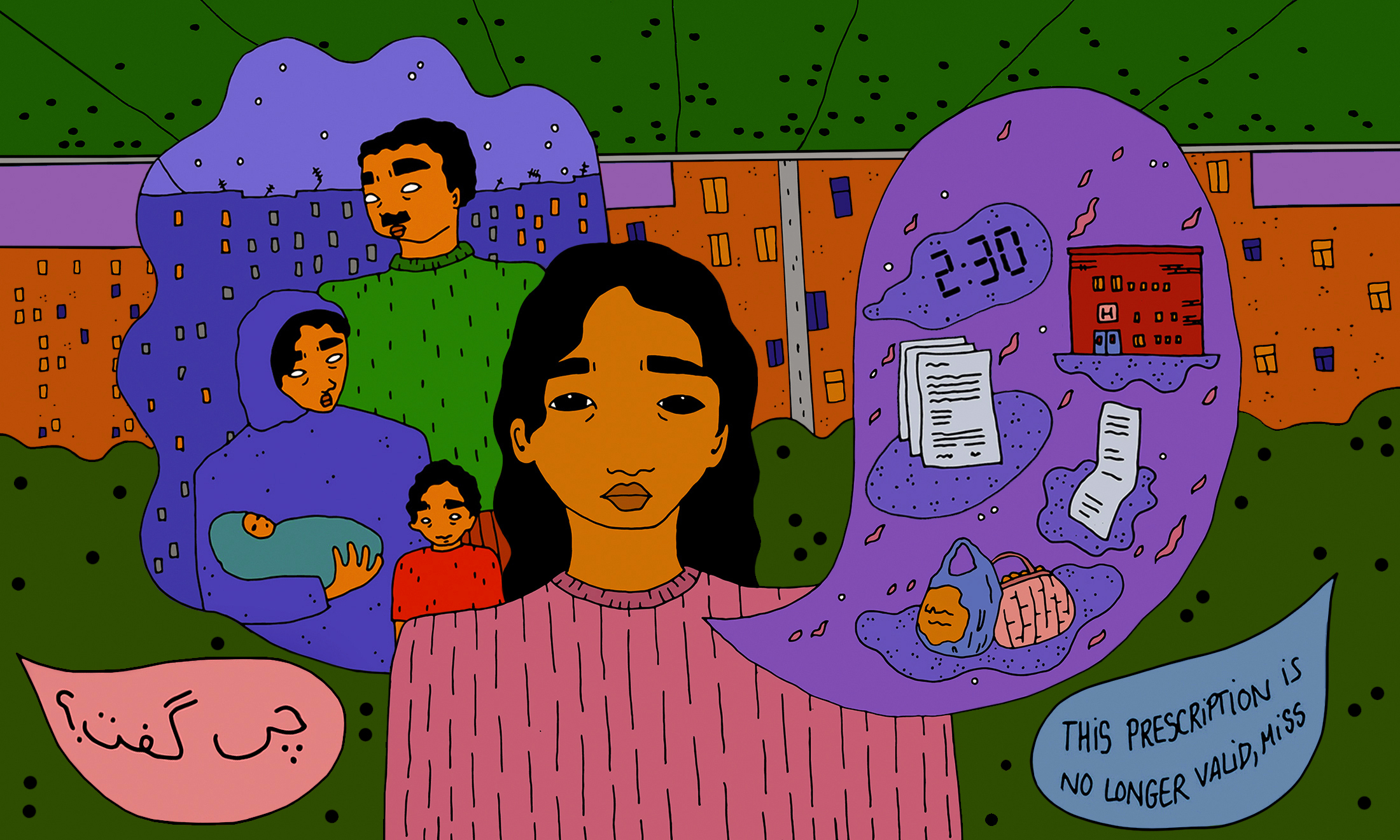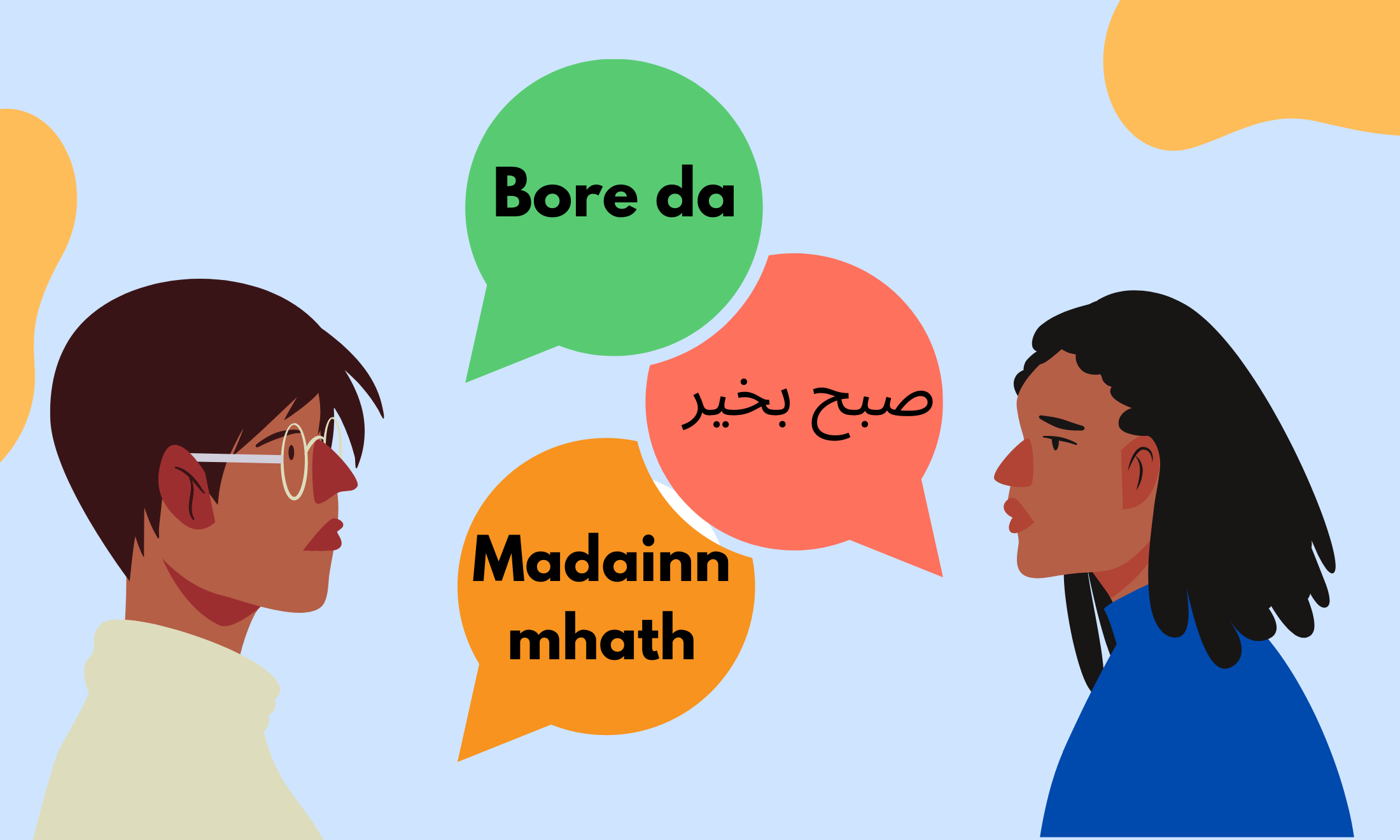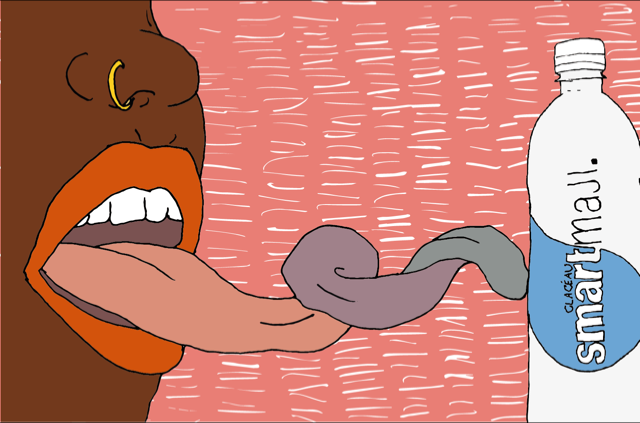
In the run up to our birthday and release of our second print issue, we’ll be posting articles focusing on this year’s theme of ‘HOME’ . They will feature content centred around our experiences relating to what home means for us as women and non binary people of colour, in a personal and political sense. Tickets for the print launch on Friday 29 September are sold out, but you can pre order the issue here.
When I think of Kenya, I think of Blue Band Spread, Big G Gum, and the redness of the soil that’s freshly-turfed. I also think of Fanta that’s proudly orange, not yellow. I’m reminded of the way the sun sets suddenly at 6pm on the equator, the echoing splatter of flip flops as the new generation of children chase each other in the compound, and of course the heat. All these subtleties of my first home I can now only confidently express in English, the second language I learnt which somehow eclipsed my first. I landed in London back in November 1997. I had just turned five years old and all I could speak was Swahili in an exaggerated, sing-song tone only a child could produce.
Not long after arriving in this cold, new country I was enrolled in the local infant school. They didn’t understand me and I couldn’t understand them. My mother tongue wasn’t recognised by my peers there like it was back home in the dusty, familiar heat of Thika Town. But it didn’t take long for me to assimilate; I took the language and accent in my stride. Over the next 14 years, the clips of my mother tongue ended up on the cutting room floor of my new home. I haven’t been able to put them together again since. Oddly enough, I can understand Swahili but I can barely respond. It’s a curious thing.
“I picked up where I’d left off, with vague recollections of what I’d left behind”
The first time I returned to Kenya was when I was 19 years old. I was in my second year of university, existing in that weird grey area of still being a teenager but also approaching adulthood. Going home, however, was being five again. I picked up where I’d left off, with vague recollections of what I’d left behind. Home was bigger in my memories. The people had aged. I was sure the soils had been a deeper red.
I am regularly confronted with the shock of “you don’t know Swahili?” In shops, at bars, meeting new or familiar people. I always shake my head no, to which the response is mostly unvoiced curiosity, even pity. Every time, I can see them quietly forming their perception of me, from the clothes I wear and the north London accent that forms my responses, to how pale I seem to them. So much is said without actually being spoken. I marvel at how easily the very basis of my heritage had slipped away from me while growing up within the M25.
Spending afternoons with my grandmother’s sisters is when it’s most potent. Making them speak English to me feels disrespectful so I avoid it as much as possible. Hugging, smiling, strokes of the hair, making tea for one another and somehow, laughter, are easier means of conveying affection. I can only grasp bits of the conversation in order to piece together a staggered understanding of the dialogues happening around me. Sitting with my matriarchal figures, steeped in our shared heritage, is bittersweet. My time with them is always special, but tinted with the rust of my missing tongue. I rely on cousins to translate as much as possible, especially when the room erupts with laughter and my own translation is not functioning in real time. I envy the way in which my cousins back home can seamlessly switch between Swahili and English mid-conversation. Their intonation and rhythm flows with a gymnastic elegance that takes a lifetime to master.
“Never had I heard Swahili in such a professional and measured tone”
Back in our house, we’d watch the news on one of the Star Times channels. Never had I heard Swahili in such a professional and measured tone. I studied the syntax of the newscasters in awe; I definitely didn’t recognise Swahili in this smartly-dressed form. It’s the kind of inflection one would hear on a public service announcement from a government department. I was used to more colloquialism, punctuated and pitched with emotion. From this, I realised that accents are not just variable in British and American English. My own responses in whatever fragments of Swahili I can muster are always delivered in an apprehensive British inflection. To myself and the listener, I am far removed from that newscaster.
I’m now 24. On my second visit to my first home, I find that it’s not only language that defines my experience. It’s also water and what it means in each home. In London, it is in abundance. My two litres a day comes easily and I never think of how much I use to bathe. I take it for granted, the power I have in being able to summon it from taps instantly. It’s even customary to complain about it when it falls from steely English skies and know it’s resented when it floods homes up North.
In Kenya, however, water is different. “What happens if you’re lost and need water? Do you know the word for water? It’s maji,” I committed this to memory, should I ever find myself in this deserted scenario. The water pressure governs our domesticity by dictating when we can bathe, cook and clean. It can go from a steady stream, to nothing at all, then back again without notice. I learned to be more cautious around maji and aware of its erratic behaviour. It doesn’t rush in this house like it does in back in London. After 16 days of drinking only mineral water, I now know what people mean when they say London water is hard. I also learnt that in Kenya, water can be hard too – not in taste, but in access.
When it comes to home, I imagine a juncture of Kenya and London. I am not entirely from one or the other, I can find aspects of myself in both. Without my mother tongue, I am a tourist on the red soil of my first home. I owe it to my mother to reconnect with the very first gift she gave me, and to my grandmother too, who gifted Swahili to her.


